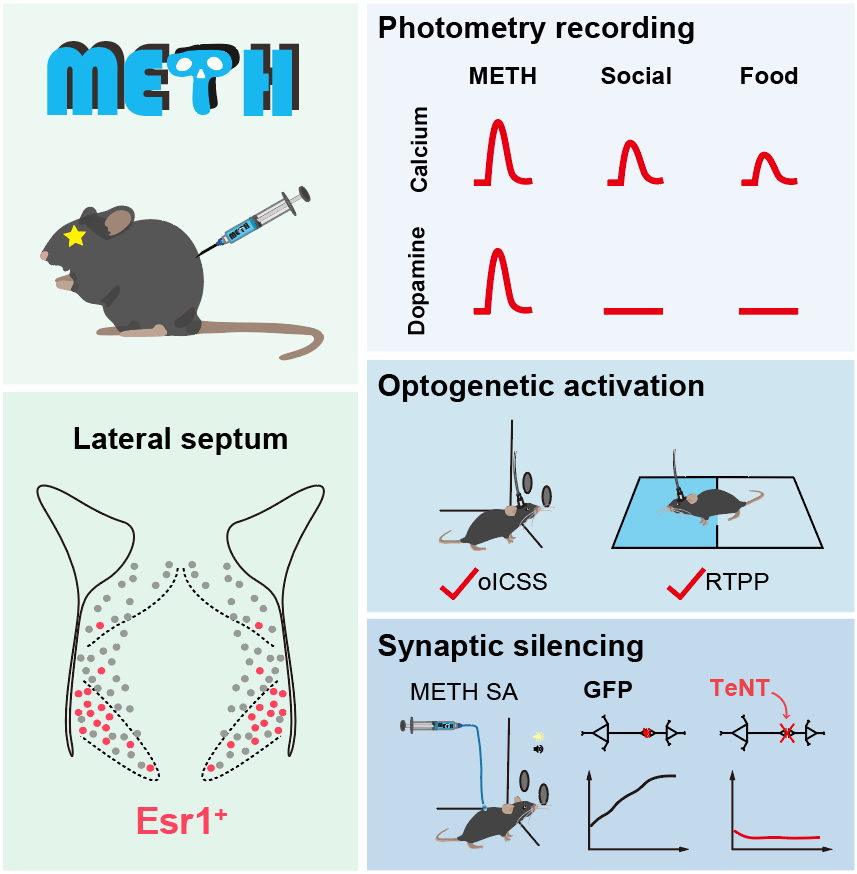
Regular Opioid Use May Increase Dementia Risk
Chronic non-cancer pain (CNCP) is defined as any painful condition that persists for more than three months and is unrelated to malignancy, affecting around 30% of people worldwide. Opioid use for CNCP became widespread in the mid-1990s, especially after OxyContin was approved and marketed as safe and nonaddictive. Despite limited evidence on long-term opioid efficacy and safety, growing global use of high-potency opioids has raised major public health concerns, including inappropriate prescribing, dependence, and misuse.
Existing research suggests that opioid use may affect the endogenous opioid system and potentially impair the hippocampus and other central nervous system regions, increasing the risk of cognitive decline and dementia. However, there remains limited evidence on the effects of opioids with varying potencies and their associations with neuroimaging findings and cognitive outcomes.
Recently, a research team led by Dr. SHA Feng from the Shenzhen Institutes of Advanced Technology of Chinese Academy of Sciences, in collaboration with Dr. Jed A. Barash from the Massachusetts Veterans Home at Chelsea and Prof. W. Andrew Kofke from the University of Pennsylvania, found that regular opioid use was associated with an increased risk of dementia, particularly vascular dementia.
The study was published in Alzheimer's Dement on May 19.
In this study, the researchers conducted a prospective cohort study involving 197,673 individuals with CNCP aged 37 to 73 years from the UK Biobank, with a mean follow-up of 13.8 years. They then applied multiple Cox, linear, and logistic regression models, controlling for potential confounding factors, to explore the associations between regular opioid use and incident dementia, neuroimaging outcomes, and cognitive measures.
The researchers found that regular opioid use was associated with a 20% higher risk of all-cause dementia compared with those not taking analgesics. Specifically, participants who regularly used strong opioids had over a 70% increased risk of dementia, whereas those taking non-opioid analgesics showed a risk level similar to non-users. A significant association was also observed between opioid use and vascular dementia (VD).
Furthermore, neuroimaging analyses showed that regular use of strong opioids was linked to reduced total brain volume (TBV), white matter volume (WMV), and hippocampal volume (HV). Finally, opioid use was associated with lower fluid intelligence, but no significant association was found with prospective memory decline.
This study further underscores the importance of considering both opioid potency and cumulative exposure when evaluating the association between opioid use and the risk of dementia or other adverse outcomes.
The international, multidisciplinary research team behind this study contributes valuable global insights into strategies for addressing the complex interplay between chronic pain, analgesic use, and cognitive impairment.

Schematic illustration of the study workflow and key findings. (Image by SIAT)
File Download:

